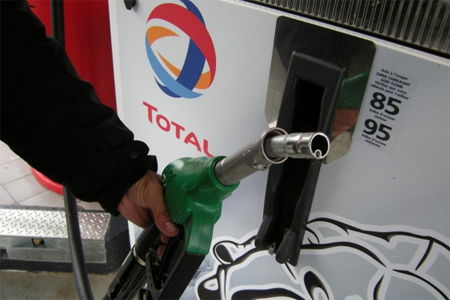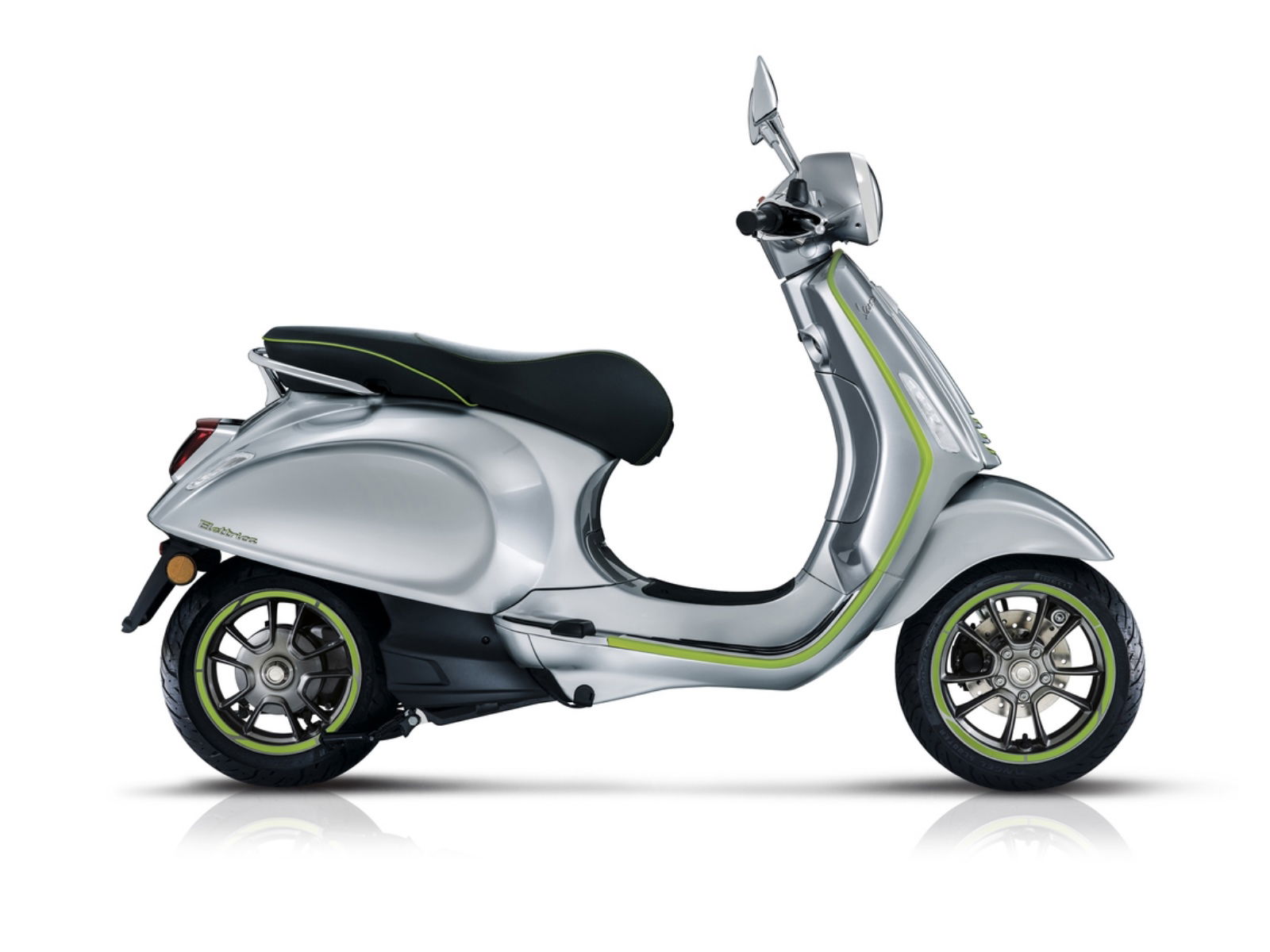Toad Talks: Is synthetic fuel the saviour of the ‘petrol’ engine?
With Ducati reportedly shunning electric in favour of synthetic fuel, is a man-made option really the saviour of the internal combustion engine?

THE noise, the sound, the smell, and the theatre. For many motorcyclists, these are the things that make the internal combustion engine such an appealing proposition. Could synthetic fuels help them to live on?
New Triumph Scrambler 1200 XC and XE specs
And it seems that part of the problem with the alternative, electric power, is that it doesn’t make much noise or smell, or create the same theatre that a petrol engine does. While hydrogen power is but a pipe dream – for now – and full-electric power doesn’t seem to be firing the synapses in quite the same way as fossil fuel, could a man-made option actually be the better answer?

What are synthetic fuels?
Exactly what they say they are, a man-made fuel that can be used in petrol or diesel internal combustion engines. That means not just cars and trucks, but planes, trains, ships, and generators could all switch over to it.
It is made by producing hydrogen from water using renewable energy. Carbon is then added to this to produce a liquified fuel. The carbon used for this process can be either captured from other industrial processes or even captured from the atmosphere. The CO₂ and H₂ are then combined to create the synthetic fuel that can be either petrol, diesel, or kerosene. Once plants are fully operational, synthetic fuel is estimated to cost somewhere between 1 and 2 Euro a litre.
Now, before we all start running out to our garages and going all Breaking Bad to save our beloved Bandits, there are a few issues with the concept. Namely that the process of stripping the hydrogen from the water is called electrolysis, and it’s a fairly hefty process that requires large amounts of power.

Aside from keeping petrol engines running, what are the other benefits?
The biggest thumbs up on synthetic fuel is that other than electricity, you don’t need much else to produce it. Batteries need rare minerals that are mined from the earth by sometimes questionable means, they also have a finite lifespan and in time will need replacing. If renewable energy if utilised for the production process of synthetic fuels, the manufacturing procedure itself could also be carbon neutral. And because synthetic fuel perfectly mimics the dynamics of petrol, we have normal refill times and no need to adapt or change the way we use our vehicles.
It’s not just the manufacturing that is better for the environment, the exhaust emissions of an internal combustion engine using this type of fuel create fewer particulates and nitrogen oxides. It can also be added to conventional fuels as a blend to bolster existing supplies.
While this all sounds very cosy on paper, there is still a lot of work to do. There are currently only a handful of synthetic fuel manufacturing plants across the globe, and they only make a tiny fraction of the fuel used per year for even a relatively small nation like the UK. Obviously for this to work the scale will have to ramp up considerably, but, isn’t it nice to hear that there might be another way?


